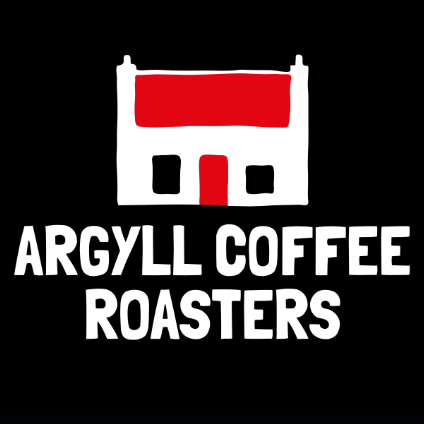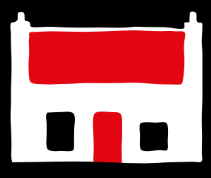Free UK shipping on all orders £18 and over
Rwanda Ruli Carbon Dioxide Decaf



Rwanda Ruli Carbon Dioxide Decaf

This is a subtle, fruity decaf from Ruli - one of the highest washing stations in Rwanda. This coffee is decaffeinated using carbon dioxide, which is 100% natural and retains the flavour of the beans.
Select grind: (Need help? View Grind guide)
Couldn't load pickup availability
Region:
Gakenke District of Northern Province
Producer:
Musasa Dukunde Kawa Cooperative
Farm/Milling Station:
Musasa Ruli Washing Station
Processing:
Fully washed & sun dried, then decaffeinated using the carbon dioxide process
Varietal (s):
Red Bourbon
Altitude:
1,700 to 2,000 metres above sea level
Sourcing Partner:
Mercanta





